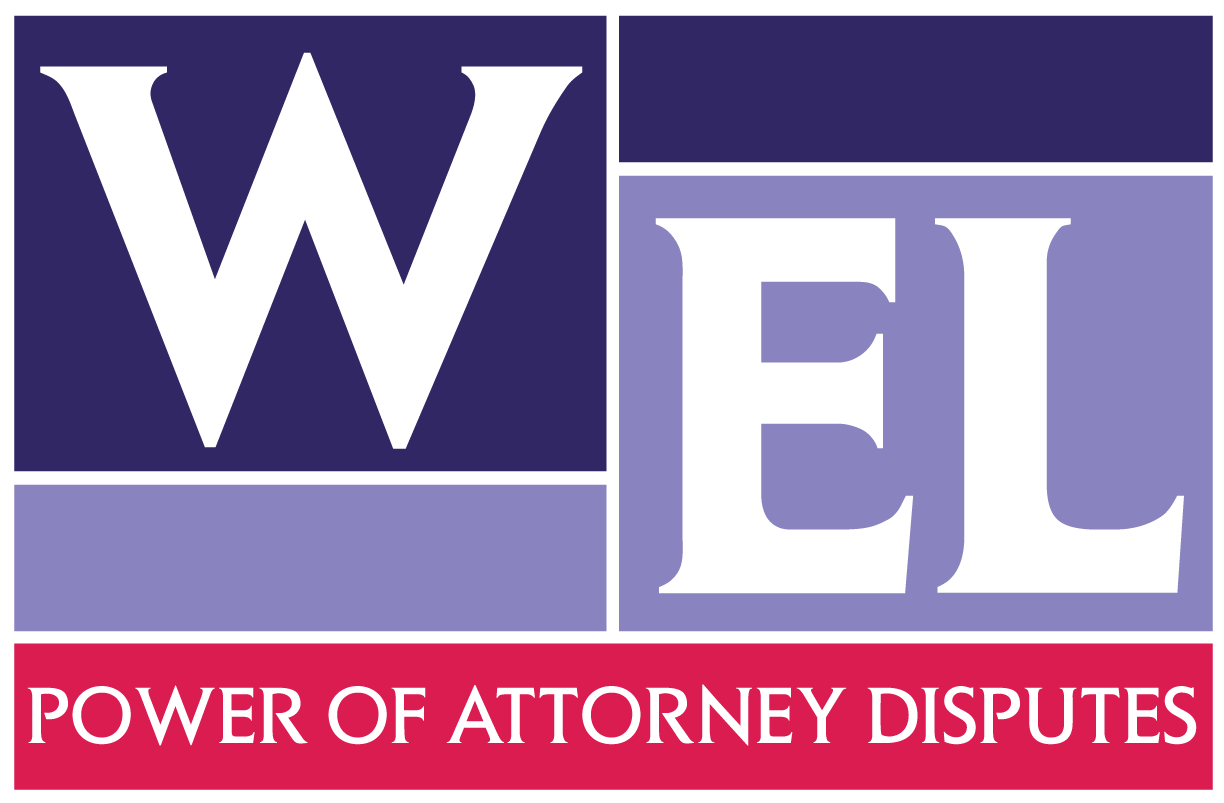Power of Attorney Disputes
The Power of Attorney document (the “POA”) has long been viewed as one way in which a person can legally protect their health and their financial interests by planning in advance for when they become ill, infirm or incapable of making decisions. The POA is also seen as a means to minimize family conflict during one's lifetime and prevent unnecessary, expensive and avoidable litigation. In certain circumstances, however, POA documents may cause rather than prevent conflict.
In our practice, we have seen attorneys use the powers bestowed upon them pursuant to POA documents as a means to provide the physical, emotional and financial care that their vulnerable loved ones need. We have also seen it used as a means of protection against predators, of which there is a very real risk. Unfortunately, we have also seen these documents used abusively, causing the grantor harm through fraud, neglect, and depletion of wealth. This is accompanied with negligence in the provision of necessary care requirements.
That POAs are generally a good planning vehicle is a widely shared view. This is evident from the fact that, since 1994 and to this day, the Ontario Ministry of the Attorney General has distributed free POA kits to the public and solicitors have routinely recommended them as part of an estate plan. It is, however, not always clear to attorneys what legislative principles they are to follow in carrying out their duties (such as the Substitute Decisions Act, 1992, S.O. 1992, c. 30 (the “SDA”) or the Health Care Consent Act, 1996, S.O. 1996, c. 2, Sched. A (the “HCCA”)) or, if they are indeed aware of such principles, whether they adhere to them as they are obligated to.
While a POA document can be used for the good of a vulnerable adult or an incapable person, there can be a dark side to what is in fact a very powerful and far-reaching document. More often than not it becomes apparent that the grantor never fully understood and/or put much thought into the extent of the powers being bestowed, whether the chosen attorney truly had the ability to do the job and fulfill his/her duties, or whether the attorney chosen could truly be trusted to act in an honest and trustworthy manner. Consequently, there exists a significant risk that a vulnerable or incapable person may fall victim to abuse as a result of having a POA. Although a somewhat bleak assumption, given the many cases of abuse that come in and out of our offices, in our estimation there are very likely a high number of attorney-inflicted abuse cases that simply go unmonitored or unnoticed by our legal system. And, it is in this way that a POA can be used to the detriment of the very individual who granted the power.
Resources:
Book: WEL on Powers of Attorney
WEL Paper: Powers of Attorney, Kimberly Whaley, February, 2020
This overview is intended for the purposes of providing information only and is to be used only for the purposes of guidance. This information is not intended to be relied upon as the giving of legal advice and does not purport to be exhaustive. Whaley Estate Litigation Partners.
Link to Practice Areas list
